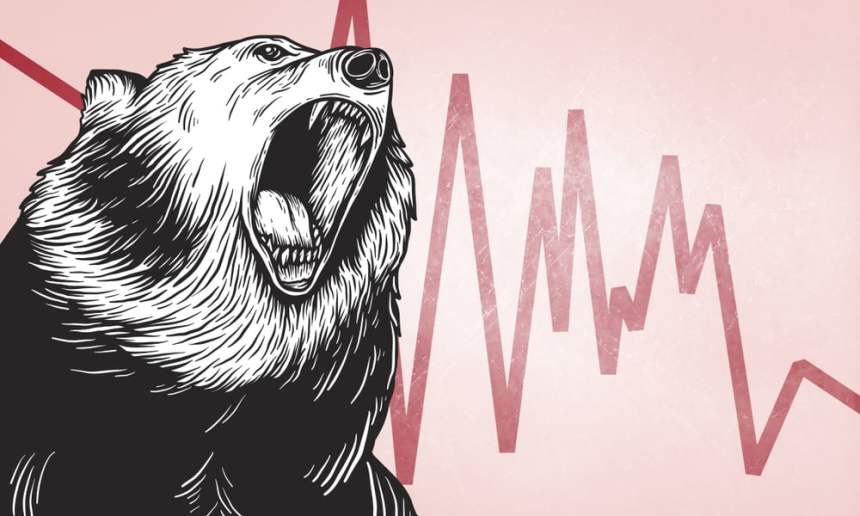The spread of the deadly and highly contagious Coronavirus has kindled fear in the hearts of investors, as the global equities markets are now facing heightened recession risk as the death toll and potential economic impact of the virus grows at a rapid rate.
The strength of the ongoing global selloff can be seen by the massive rallies incurred by safe haven assets like Gold and Bitcoin, which is emblematic of growing fears of an imminent recession amongst investors.
It is important to note, however, that analysts do believe that the downtrend resulting from the viral outbreak may be closer to an end than is widely expected.
Bitcoin Rallies as Global Equities Plummet: Recession Fears Abound
As reported by The New York Times, the death toll stemming from the recent Coronavirus outbreak has climbed above 80 as China reports thousands of new cases of infected individuals, with nearly 3,000 people now officially infected.
It is highly likely that more and more cases will begin surfacing in other countries as well, as news recently broke that the virus had made its way to Orange County, California.
The fast spread of the Coronavirus coupled with its relatively high death rate has sent shockwaves throughout the equities markets, with the Chinese markets reeling down 6% overnight, while the US benchmarks all shed just over 1%. This dip has not yet been deep enough to bring the markets into recession territory, however.
“Chinese stocks now down a bloody 6% since last night. All coronavirus driven,” Alex Krüger, an economist, explained in a recent tweet.
Chinese stocks now down a bloody 6% since last night. All coronavirus driven. pic.twitter.com/lncTyMYPMr
— Alex Krüger (@krugermacro) January 27, 2020
In tandem with this sell off, Bitcoin has been able to rally nearly 3% to its current price of $8,790, and it is now fast approaching a revisit to its 2020 highs of $9,200.
Economist: Coronavirus Will Have Economic Impacts, Especially in China
Although the ongoing sell off in the global markets has sparked concerns that a recession is imminent, it is important to keep in mind that this turbulence comes close on the heels of a massive multi-month rally.
Krüger also spoke about this in a recent tweet, explaining that the market’s reaction to the virus is natural and will likely lead the Chinese government to respond with expansionary policies in an attempt to combat this economic damage.
“The virus does have significant economic impact, and is thus natural for markets to sell off. Markets are discounting mechanisms. Retail sales in China will take a big hit, and will impact consumption and GDP. Should expect the Chinese govt to respond with expansionary policies,” he noted.
The virus does have significant economic impact, and is thus natural for markets to sell off. Markets are discounting mechanisms. Retail sales in China will take a big hit, and will impact consumption and GDP. Should expect the Chinese govt to respond with expansionary policies.
— Alex Krüger (@krugermacro) January 27, 2020
Although the Coronavirus-induced market turbulence may extend into the future, it does not appear to be likely at this time that it will lead the markets into recession territory, and most of the economic impacts may be contained within China – so long as it doesn’t grow more globally widespread.
Featured image from Shutterstock.
